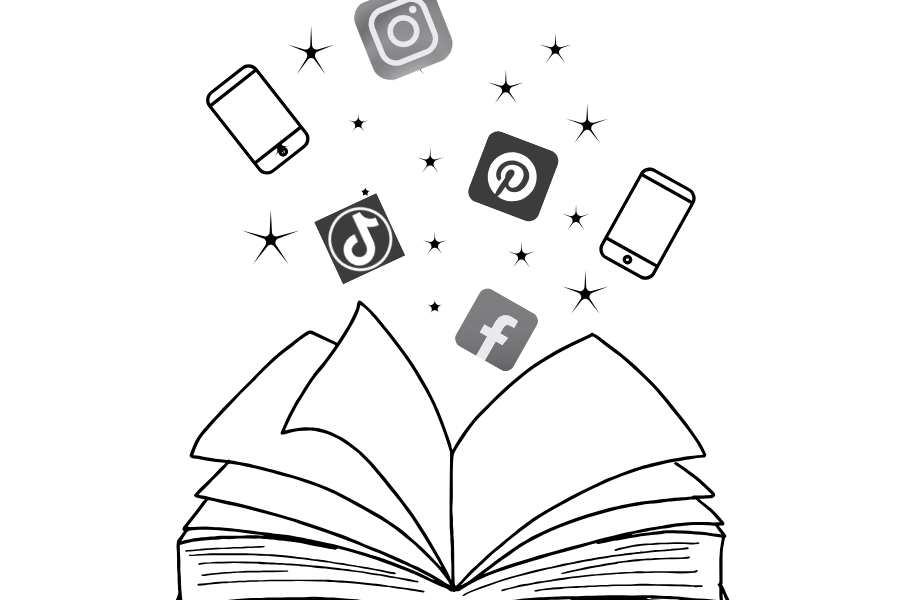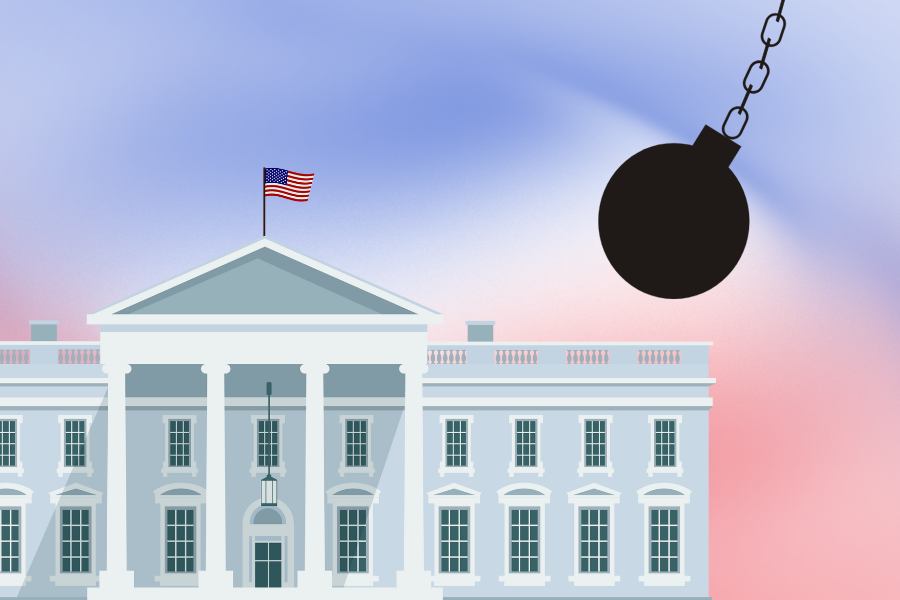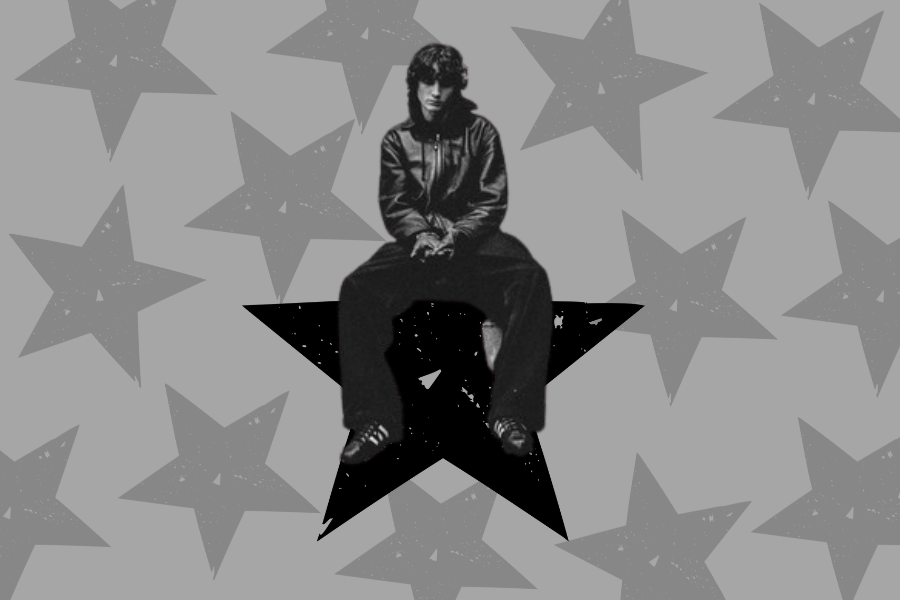With the advent of short-form content, such as TikTok, Instagram Reels and the like, our brains have turned into mush that cannot handle the simplest of concepts and now, the consequences can be seen with younger generations. Students’ academics are degenerating at rates that haven’t been seen in decades, and it is becoming more and more difficult for people to understand nuance and make sense of all the information we are constantly consuming.
One clear example of this tragedy is the “bean soup video.” The TikTok features a girl making a bean soup, which clearly includes beans, but one commenter, whose comment has gained popularity on the app, asked, “What if I don’t like beans?” The video came out in 2023, but the point remains: did they understand what they watched?
It isn’t the consumer’s fault that our schools weren’t prepared for the way social media shoved its way into everybody’s daily lives and never taught us the skills to properly interact with online content. These videos have destroyed our attention spans. As a result, we don’t have the patience or ability to analyze and understand them the way we should and just take things at face value.
This could be detrimental for the way news is shared and consumed. False information can be found in every dusty corner of the internet, and with the lack of our media literacy, it could be enough to alter the course of elections or cause hysteria among even the most well-educated individuals.
Many of these misguided beliefs are exacerbated by online echo chambers. The internet is so vast that even if it seems like everyone knows about something, it is more likely to only be relevant to a particular niche. One reference could make complete sense to you, but lose its meaning to someone else. This has resulted in severe confirmation bias online, and if information has enough believers, it is enough to keep falsehoods in circulation.
The easiest solution to this problem is probably to get rid of social media as a whole, but alas, I don’t think that’s going to happen anytime soon. Instead, long-form content is critical to fixing this dilemma. Reading books and consuming news from somewhere other than an Instagram infographic allows our brains to recover from some of the damage, but it is a matter of fixing our habits to incorporate deep thinking into everything we do.
Social media is a distraction. Nothing more, nothing less. Our brains are constantly avoiding our own thoughts. It is easier to hide behind hundreds of videos than to critically think and let our brains run wild, the way nature intended.
Social media, however, isn’t the only perpetrator. AI and ChatGPT have taken the world by storm and have become a lifeline for many students who have lost the ability to write full sentences as grown adults in college.
Users will argue that they use the platforms as “inspiration” or to “organize their thoughts,” but in reality, they are dependent on them because these students can’t think for themselves.
We didn’t have AI for the majority of high school, nor did we have it in middle school, so why is it so difficult for people to think of their own essay ideas or, for that matter, write them themselves? Too many people have been caught copying and pasting papers directly from it and submitting with no hesitation. The point of an essay is to get you to think about an idea and analyze it, but if something is doing it for you, you lose the chance to hone any literacy skills social media hasn’t already destroyed.
Ultimately, social media and AI are only going to get smarter and grow, and it is our job as consumers to think critically and understand, rather than just mindlessly taking in all of the information the internet has to offer.









